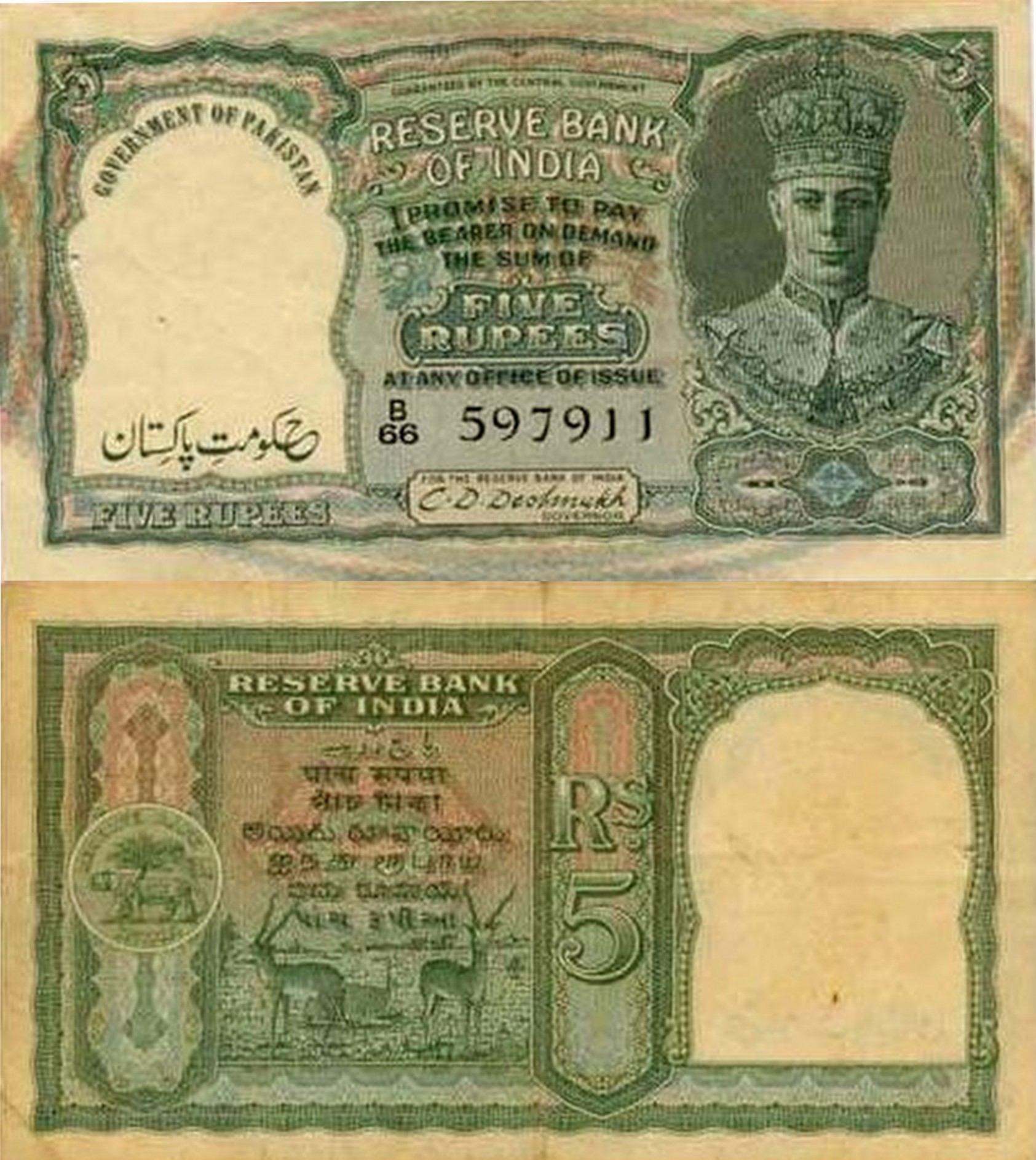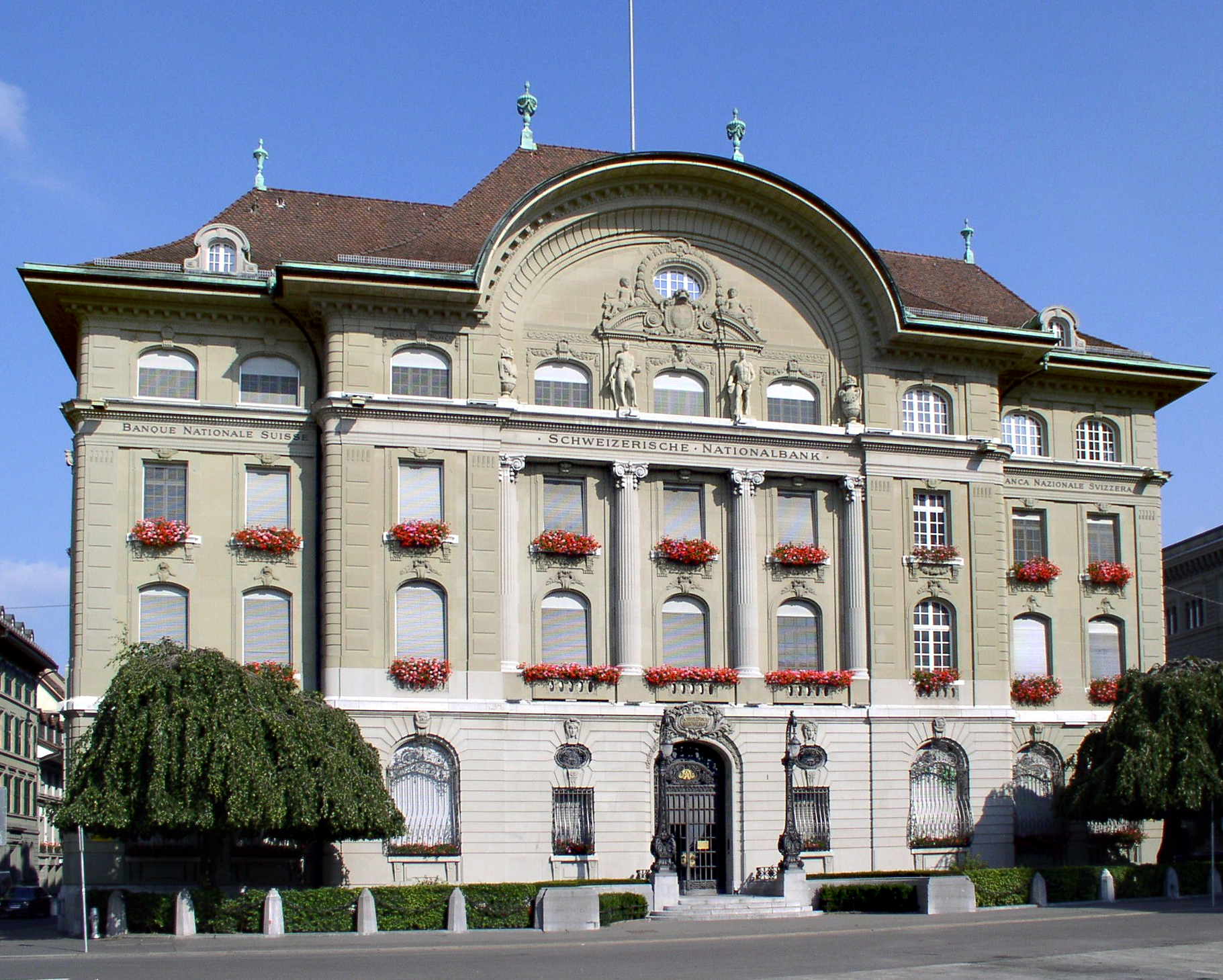|
Currencies Of Europe
There are 29 currencies currently used in the 50 countries of Europe, all of which are members of the United Nations, except Vatican City, which is an observer with the United Nations General Assembly. All ''de facto'' present currencies in Europe, and an incomplete list of the preceding currency, are listed here. A currency is a medium of exchange, such as money, banknotes, and coins. In Europe, the most commonly used currency is the euro (used by 25 countries); any country entering the European Union (EU) is expected to join the eurozone when they meet the five convergence criteria. Denmark is the only EU member state which has been granted an exemption from using the euro. Czechia, Hungary, Poland, Romania and Sweden have not adopted the Euro either, although unlike Denmark, they have not formally opted out; instead, they fail to meet the ERM II (Exchange Rate Mechanism) which results in the non-use of the Euro. For countries which hope to join the eurozone, there are five g ... [...More Info...] [...Related Items...] OR: [Wikipedia] [Google] [Baidu] |
Eurozone Map
The euro area, commonly called eurozone (EZ), is a currency union of 19 member states of the European Union (EU) that have adopted the euro ( €) as their primary currency and sole legal tender, and have thus fully implemented EMU policies. The 19 eurozone members are Austria, Belgium, Cyprus, Estonia, Finland, France, Germany, Greece, Ireland, Italy, Latvia, Lithuania, Luxembourg, Malta, the Netherlands, Portugal, Slovakia, Slovenia, and Spain. The eight non-eurozone members of the EU are Bulgaria, Czech Republic, Croatia, Denmark, Hungary, Poland, Romania, and Sweden. They continue to use their own national currencies, albeit all but Denmark are obliged to join once they meet the euro convergence criteria. Croatia will become the 20th member on 1 January 2023. Among non-EU member states, Andorra, Monaco, San Marino, and Vatican City have formal agreements with the EU to use the euro as their official currency and issue their own coins. In addition, Kosovo and Montenegro ... [...More Info...] [...Related Items...] OR: [Wikipedia] [Google] [Baidu] |
Pound Sterling
Sterling (abbreviation: stg; Other spelling styles, such as STG and Stg, are also seen. ISO code: GBP) is the currency of the United Kingdom and nine of its associated territories. The pound ( sign: £) is the main unit of sterling, and the word "pound" is also used to refer to the British currency generally, often qualified in international contexts as the British pound or the pound sterling. Sterling is the world's oldest currency that is still in use and that has been in continuous use since its inception. It is currently the fourth most-traded currency in the foreign exchange market, after the United States dollar, the euro, and the Japanese yen. Together with those three currencies and Renminbi, it forms the basket of currencies which calculate the value of IMF special drawing rights. As of mid-2021, sterling is also the fourth most-held reserve currency in global reserves. The Bank of England is the central bank for sterling, issuing its own banknotes, ... [...More Info...] [...Related Items...] OR: [Wikipedia] [Google] [Baidu] |
San Marino
San Marino (, ), officially the Republic of San Marino ( it, Repubblica di San Marino; ), also known as the Most Serene Republic of San Marino ( it, Serenissima Repubblica di San Marino, links=no), is the fifth-smallest country in the world and a European microstate in Southern Europe enclaved by Italy. Located on the northeastern side of the Apennine Mountains, San Marino covers a land area of just over , and has a population of 33,562. San Marino is a landlocked country; however, its northeastern end is within of the Italian city of Rimini on the Adriatic coast. The nearest airport is also in Italy. The country's capital city, the City of San Marino, is located atop Monte Titano, while its largest settlement is Dogana within the largest municipality of Serravalle. San Marino's official language is Italian. The country derives its name from Saint Marinus, a stonemason from the then- Roman island of Rab in present-day Croatia. Born in AD 275, Marinus participated in ... [...More Info...] [...Related Items...] OR: [Wikipedia] [Google] [Baidu] |
Monaco
Monaco (; ), officially the Principality of Monaco (french: Principauté de Monaco; Ligurian: ; oc, Principat de Mónegue), is a sovereign city-state and microstate on the French Riviera a few kilometres west of the Italian region of Liguria, in Western Europe, on the Mediterranean Sea. It is bordered by France to the north, east and west. The principality is home to 38,682 residents, of whom 9,486 are Monégasque nationals; it is widely recognised as one of the most expensive and wealthiest places in the world. The official language of the principality is French. In addition, Monégasque (a dialect of Ligurian), Italian and English are spoken and understood by many residents. With an area of , it is the second-smallest sovereign state in the world, after Vatican City. Its make it the most densely-populated sovereign state in the world. Monaco has a land border of and the world's shortest coastline of approximately ; it has a width that varies between . The hig ... [...More Info...] [...Related Items...] OR: [Wikipedia] [Google] [Baidu] |
Legal Tender
Legal tender is a form of money that courts of law are required to recognize as satisfactory payment for any monetary debt. Each jurisdiction determines what is legal tender, but essentially it is anything which when offered ("tendered") in payment of a debt extinguishes the debt. There is no obligation on the creditor to accept the tendered payment, but the act of tendering the payment in legal tender discharges the debt. Some jurisdictions allow contract law to overrule the status of legal tender, allowing (for example) merchants to specify that they will not accept cash payments. Coins and banknotes are usually defined as legal tender in many countries, but personal cheques, credit cards, and similar non-cash methods of payment are usually not. Some jurisdictions may include a specific foreign currency as legal tender, at times as its exclusive legal tender or concurrently with its domestic currency. Some jurisdictions may forbid or restrict payment made by other than ... [...More Info...] [...Related Items...] OR: [Wikipedia] [Google] [Baidu] |
Swedish Krona
The krona (; plural: ''kronor''; sign: kr; code: SEK) is the official currency of the Kingdom of Sweden. Both the ISO code "SEK" and currency sign "kr" are in common use; the former precedes or follows the value, the latter usually follows it but, especially in the past, it sometimes preceded the value. In English, the currency is sometimes referred to as the Swedish crown, as means " crown" in Swedish. The Swedish krona was the ninth-most traded currency in the world by value in April 2016. One krona is subdivided into 100 '' öre'' (singular; plural ''öre'' or ''ören'', where the former is always used after a cardinal number, hence "50 öre", but otherwise the latter is often preferred in contemporary speech). However, all öre coins were discontinued from 30 September 2010. Goods can still be priced in ''öre'', but all sums are rounded to the nearest krona when paying with cash. The word ''öre'' is ultimately derived from the Latin word for gold (''aurum''). History ... [...More Info...] [...Related Items...] OR: [Wikipedia] [Google] [Baidu] |
Icelandic Króna
The króna or krona (sometimes called Icelandic crown; sign: kr; code: ISK) is the currency of Iceland. Iceland is the second-smallest country by population, after the Seychelles, to have its own currency and monetary policy. Name Like the Nordic currencies (such as the Danish krone, Swedish krona and Norwegian krone) that participated in the historical Scandinavian Monetary Union, the name ''króna'' (meaning ''crown'') comes from the Latin word ''corona'' ("crown"). The name "Icelandic crown" is sometimes used alternatively, for example in the financial markets. First krona, 1874–1981 The Danish krone was introduced to Iceland in 1874, replacing the earlier Danish currency, the rigsdaler. In 1885, Iceland began issuing its own banknotes. The Icelandic krona separated from the Danish krone after the dissolution of the Scandinavian Monetary Union at the start of World War I and Icelandic sovereignty from Denmark in 1918. The first coins were issued in 1922. Iceland ... [...More Info...] [...Related Items...] OR: [Wikipedia] [Google] [Baidu] |
Norwegian Krone
The krone (, abbreviation: kr (also NKr for distinction); code: NOK), plural ''kroner'', is currency of the Kingdom of Norway (including Svalbard). Traditionally known as the Norwegian crown in English. It is nominally subdivided into 100 '' øre'', although the last coins denominated in øre were withdrawn in 2012. The krone was the thirteenth-most-traded currency in the world by value in April 2010, down three positions from 2007. The Norwegian krone is also informally accepted in many shops in Sweden and Finland that are close to the Norwegian border, and also in some shops in the Danish ferry ports of Hirtshals and Frederikshavn. Norwegians spent 14.1 billion NOK on border shopping in 2015 compared to 10.5 billion NOK spent in 2010. Border shopping is a fairly common practice amongst Norwegians, though it is seldom done on impulse. Money is spent mainly on food articles, alcohol, and tobacco, in that order, usually in bulk or large quantities. This is due to consid ... [...More Info...] [...Related Items...] OR: [Wikipedia] [Google] [Baidu] |
Czech Koruna
The koruna, or crown, (sign: Kč; code: CZK, cs, koruna česká) has been the currency of the Czech Republic since 1993. The koruna is one of the European Union's 9 currencies, and the Czech Republic is legally bound to adopt the euro currency in the future. The official name in Czech is (plural , though the zero-grade genitive plural form is used on banknotes and coins of value 5 Kč or higher). The ISO 4217 code is CZK and the local acronym is Kč, which is placed after the numeric value (e.g., "50 Kč") or sometimes before it (as is seen on the 10-koruna coin). One crown is made up of 100 '' hellers'' (abbreviated as "h", official name in Czech: singular: , nominative plural: , genitive plural: – used with numbers higher or equal to 5 – e.g. ), but hellers have now been withdrawn from circulation, and the smallest unit of physical currency is 1 Kč. History In 1892, the Austro-Hungarian crown replaced the florin, at the rate of one florin to two cro ... [...More Info...] [...Related Items...] OR: [Wikipedia] [Google] [Baidu] |
Bloomberg L
Bloomberg may refer to: People * Daniel J. Bloomberg (1905–1984), audio engineer * Georgina Bloomberg (born 1983), professional equestrian * Michael Bloomberg (born 1942), American businessman and founder of Bloomberg L.P.; politician and mayor of New York City (2002–2013) * Ramon Bloomberg (born 1972), American artist and film director Other uses * Bloomberg L.P., financial news and media company founded by Michael Bloomberg ** Bloomberg News, a news agency ** ''Bloomberg Businessweek'', weekly business magazine and website ** '' Bloomberg Markets,'' a monthly financial magazine ** Bloomberg Radio, a business radio network ** Bloomberg Television Bloomberg Television (on-air as Bloomberg) is an American-based pay television network focusing on business and capital market programming, owned by Bloomberg L.P. It is distributed globally, reaching over 310 million homes worldwide. It is hea ..., a business news channel *** Bloomberg TV Canada *** Bloomberg TV Philip ... [...More Info...] [...Related Items...] OR: [Wikipedia] [Google] [Baidu] |
Swiss National Bank
The Swiss National Bank (SNB; german: Schweizerische Nationalbank; french: Banque nationale suisse; it, Banca nazionale svizzera; rm, Banca naziunala svizra) is the central bank of Switzerland, responsible for the nation's monetary policy and the sole issuer of Swiss franc banknotes. The primary goal of its mandate is to ensure price stability, while taking economic developments into consideration. The SNB is an ''Aktiengesellschaft'' under special regulations and has two head offices, one in Bern and the other in Zurich. History The bank formed as a result of the need for a reduction in the number of commercial banks issuing banknotes, which numbered 53 sometime after 1826. In the 1874 revision of the Federal Constitution it was given the task to oversee laws concerning the issuing of banknotes. In 1891, the Federal Constitution was revised again to entrust the Confederation with sole rights to issue banknotes. The Swiss National Bank was founded under the law of 6 Octob ... [...More Info...] [...Related Items...] OR: [Wikipedia] [Google] [Baidu] |







